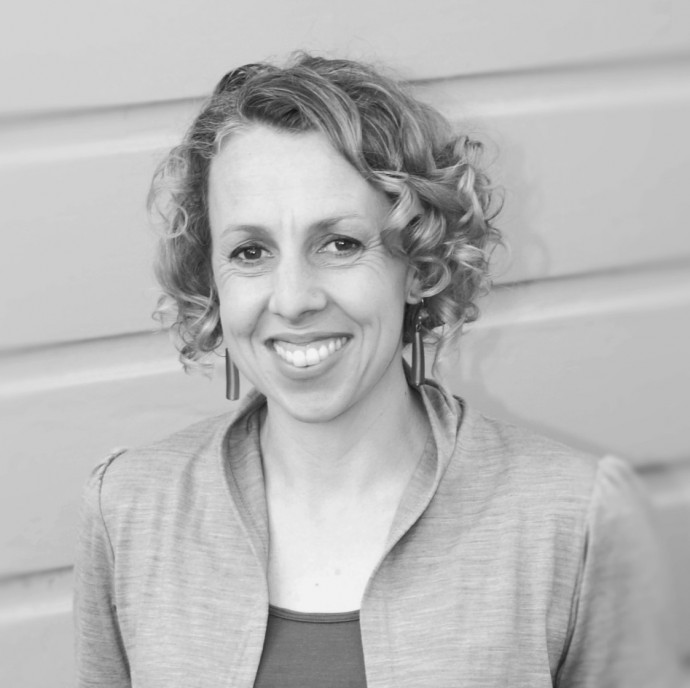Dr Jess Berentson-Shaw

Dr Jess Berentson-Shaw is a public narrative researcher, advisor and Co-Director of The Workshop. She is also a senior research associate at the Public Policy Institute at the University of Auckland.
Jess’ focus is contributing to conversations about policy that works to deliver well-being to all through three means: making values transparent, delivering equity, and understanding the best evidence.
Jess consults on effective evidence-based policy to help improve decision-making with regard to our big social and environmental challenges, and she helps people and organisations engage the power of good storytelling to change minds. In both government and not for profit sectors she has focused on placing the best knowledge and equity at the heart of decision-making.
In 2017, Jess published Pennies from Heaven, a book that investigates the most effective policy actions for moving families and children out of poverty. In 2018, she published another A Matter of Fact. Talking Truth in a Post-truth World (2018). The book explains the idea that truth differs for people, and that we should understand that when we are trying to convey knowledge and information. It encourages people to start talking about shared values before talking about evidence.
Jess is also the co-director of a think tank, The Workshop. The think tank is an organisation of public narrative researchers and communication advisors that draw on many disciplines to understand how public narratives influence people's thinking. They use scientific methods to find narrative strategies that deepen people’s thinking about those issues, and storytelling tools to upskill people with complex knowledge to craft effective communications.
Q. Why did you join the panel?
No matter where we live, who we are, or what we earn, I believe everyone in Aotearoa should have the opportunity to have goals, to meet them, and to thrive as a result.
Currently, that is not the case in this country. Too many people, especially the young, their parents and whānau are locked into poverty. They experience restrictions and restraints on their opportunities based on who they are, where they live, what they earn. This has led the inequality that we see between generations, between different groups in our community, even within our own families. It is a huge injustice in a country that really believes in justice and fairness. We can absolutely change this.
Q. What do you bring to the panel?
My particular area of interest is how we talk about big issues like inequality, and how that affects how people think and reason about the research and lived experience relating to that issue.
I’m especially interested in how people act in relation to change. This needs to happen to make this country a place where everyone has the opportunity to meet their goals in life. While I have looked into public policies that work, for example, in overcoming some of the impacts of poverty, what I bring particularly to the panel is a focus on what we call narratives for change.
Q. Will there be a fair future without change?
Our current system restricts the opportunities of too many people. Wealth, housing, health, education and income support all need a re-set to ensure all people have the opportunity to thrive. So yes, change is needed, change is the responsible thing to do, and change is something that can happen.
Q. Are there grounds for optimism?
Always! The society we build is based entirely on what we believe is possible and our vision for it. With bold visions, inclusive visions and good research (and effective ways to communicate that) together we can throw out old rules that are not working for us, draw up new ones, get on track to ensure the things New Zealanders value are prioritised.
Inequality is something the huge majority of us want to see addressed. We get a bit lost on the how, and who and what needs to change, and that is where talking and framing the issues can really help. My work is ultimately about helping people see what IS possible and what we CAN do together.
Dr Jess Berentson-Shaw
With bold visions, inclusive visions and good research (and effective ways to communicate that) together we can throw out old rules that are not working for us, draw up new ones, get on track to ensure the things New Zealanders value are prioritised.
